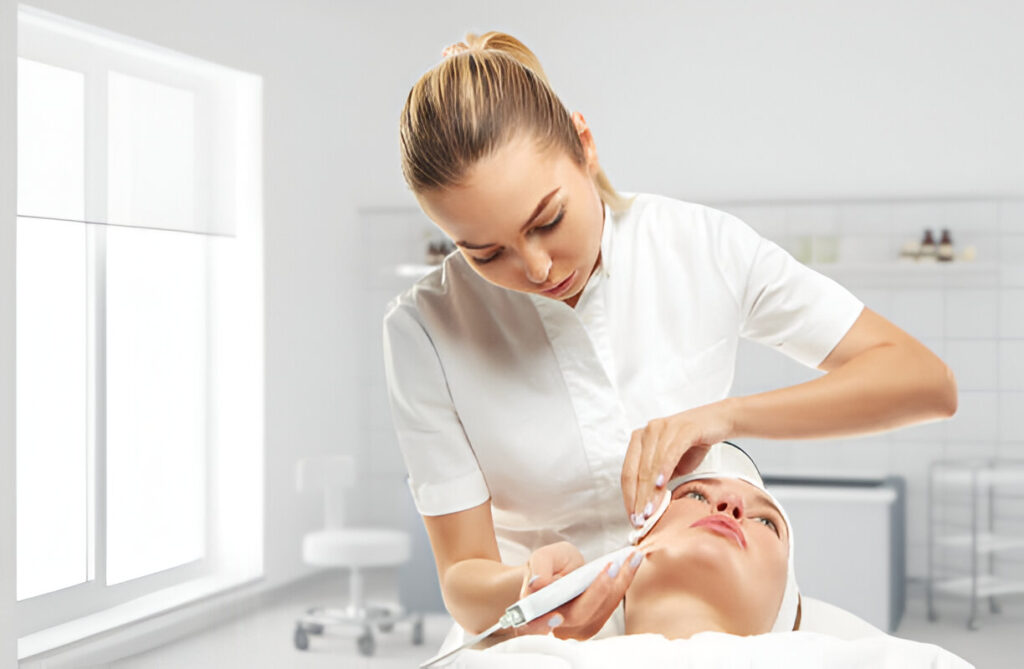Key Takeaways:
- Aesthetic treatments provide both physical and psychological benefits.
- Understanding the science can help consumers make informed decisions.
- There are various non-invasive options available, such as fillers and laser treatments.
Table of Contents:
- Psychological Benefits of Aesthetic Treatments
- Common Aesthetic Treatments and Their Benefits
- Understanding the Science Behind Treatments
- Choosing the Right Provider
- The Importance of Aftercare
- Final Thoughts
Psychological Benefits of Aesthetic Treatments
Aesthetic medical treatments offer more than just a transformation in physical appearance. For many, it is a pathway to boosting self-esteem and improving overall mental well-being. An aesthetic medical spa in SLC, UT, serves as a sanctuary where individuals can enhance their appearance, contributing positively to their psychological health. Studies indicate that physical enhancements correlate with improved social interactions and increased self-confidence. These treatments can help individuals feel more comfortable in social situations, fostering better relationships and enhancing overall quality of life.
The psychological benefits also extend to reducing symptoms of anxiety and depression. When individuals feel more satisfied with their appearance, they are less likely to experience negative self-talk and more likely to engage in positive social activities. This boost in confidence can have a ripple effect, impacting various aspects of their lives, from professional achievements to personal fulfillment.
Common Aesthetic Treatments and Their Benefits
A range of aesthetic treatments are available to cater to different needs, each offering unique benefits. Injectables like Botox and dermal fillers are commonly used to reduce wrinkles and plump the skin, providing a youthful appearance. Botox works by temporarily paralyzing muscles, which helps to smooth out fine lines and prevent new wrinkles from forming. On the other hand, dermal fillers add volume to specific areas of the face, such as the cheeks and lips, enhancing facial contours.
Meanwhile, laser treatments can address various skin issues such as hyperpigmentation, acne scars, and unwanted hair. These treatments use concentrated light to target and treat specific skin concerns. Scientific research shows that laser treatments can effectively stimulate collagen production, improve skin texture, and reduce the appearance of scars.
- Botox: Reduces the appearance of wrinkles by temporarily paralyzing targeted muscles.
- Dermal Fillers: Enhance facial contours and reduce the appearance of fine lines.
- Laser Treatments: Target specific skin concerns like pigmentation and scarring.
These non-invasive options have become increasingly popular due to their minimal downtime and relatively quick results. They offer a less risky and more affordable alternative to surgical procedures, allowing individuals to achieve their aesthetic goals without undergoing major surgery.
Understanding the Science Behind Treatments
Knowing the scientific principles behind these treatments can help consumers feel more confident in their choices. Botox, for instance, works by blocking nerve signals in the muscles where it is injected, causing a temporary reduction in muscle activity. This smoothens fine lines and wrinkles by relaxing the muscles that cause them. The effects of Botox typically last for three to six months, after which the muscle activity gradually returns, requiring follow-up treatments to maintain the results.
On the other hand, laser treatments use concentrated light to penetrate the skin’s surface and address underlying issues. The type of laser used can vary depending on the specific skin concern being treated. For example, fractional lasers create micro-injuries in the skin to stimulate the body’s natural healing process, producing new collagen and improving skin texture. Understanding these mechanisms can help consumers distinguish between different types of treatments and their potential efficacy.
Choosing the Right Provider
Selecting a qualified provider is fundamental to achieving desired outcomes. It is advisable to look for board-certified practitioners with ample experience. Legitimate providers usually have positive client testimonials and detailed consultations. Sites offer valuable resources to ensure you select a reputable professional to meet your aesthetic needs.
During consultations, a good provider will take the time to understand your specific goals and concerns, offering personalized recommendations based on your skin type and medical history. They should also provide before-and-after photos of previous clients to give you a realistic expectation of the results. Ensuring that the provider follows strict safety protocols and uses FDA-approved products is also crucial to minimize risks and complications.
The Importance of Aftercare
Post-treatment care is crucial for optimal results. This includes following the provider’s instructions, such as avoiding direct sunlight and using prescribed skincare products. Proper aftercare can mitigate side effects and maintain the effectiveness of the treatment. For instance, after laser treatments, it is essential to keep the skin hydrated and protected from the sun to prevent irritation and hyperpigmentation. Similarly, avoiding strenuous activities and applying ice can help reduce swelling and bruising after injectable treatments.
Neglecting aftercare can compromise the results and even lead to complications. For example, they fail to protect the skin from the sun after a laser treatment, which can result in burns or discoloration. Thus, aftercare instructions are as essential as treatment to achieve and maintain the desired outcomes.
Final Thoughts
Aesthetic treatments offer a multitude of benefits that go beyond physical appearance. These procedures can be valuable to your self-care regimen, from boosting self-confidence to addressing specific skin concerns. By understanding the benefits and science behind these treatments, individuals can make informed decisions that align with their aesthetic goals. Consulting with a qualified provider ensures the treatments are safe and effective, providing personalized recommendations tailored to your needs. Always remember the significance of proper aftercare, vital in achieving and maintaining desired outcomes.
Ultimately, aesthetic treatments should be considered part of a holistic approach to well-being. They enhance physical appearance and contribute positively to mental and emotional health. Whether you are considering injectables, laser treatments, or other aesthetic procedures, taking the time to research and understand these options can lead to a more satisfying and confidence-boosting experience.



